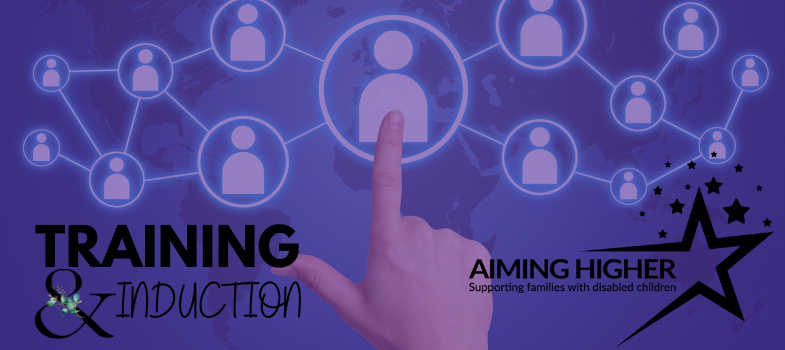Safeguarding Children and Safeguarding Vulnerable Adults
2. Safeguarding Children
2.3. Signs of Neglect
Consider the possibility of neglect when the child:
• Is frequently absent from school
• Begs or steals food or money
• Lacks any required medical or dental care, immunisations, or glasses
• Is consistently dirty and has severe body odour
• Lacks sufficient clothing for the weather
• Abuses alcohol or other drugs
• States that there is no one at home to provide care
• Shows sudden changes in behaviour or school performance
• Has not received help for physical or medical problems brought to the parents' attention
• Has learning problems (or difficulty concentrating) that cannot be attributed to specific physical or psychological causes
• Is always watchful, as though preparing for something bad to happen
• Lacks adult supervision
• Is overly compliant, passive, or withdrawn
• Comes to school or other activities early, stays late, and does not want to go home
Consider the possibility of neglect when the parent or other adult caregiver:
• Appears to be indifferent to the child
• Seems apathetic or depressed
• Behaves irrationally
• Is suspected of abusing alcohol or drugs
• Shows little concern for the child
• Denies the existence of, or blames the child for, the child's problems in school or at home
• Asks teachers or other caregivers to use harsh physical discipline if the child misbehaves
• Sees the child as entirely bad, worthless, or as an inconvenience
• Demands a level of physical or academic performance the child cannot achieve
• Looks primarily to the child for their own care, attention, and satisfaction of emotional needs
Other signs of neglect may also be seen in the relationship and behaviours between adult and the child:
• Rarely touch or look at each other
• Consider their relationship entirely negative
• State that they do not like each other
(Blackpool Council iPool, 2024)
